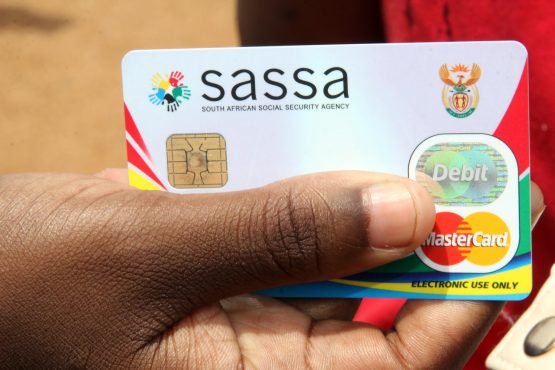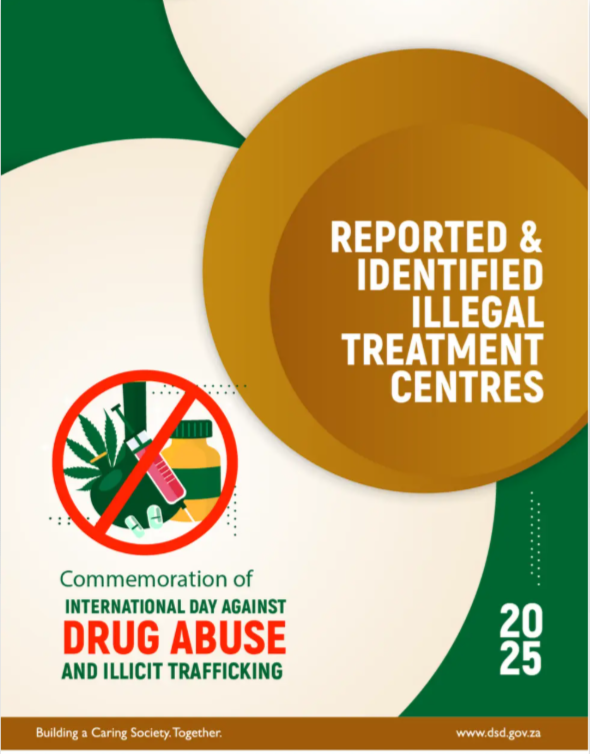Department of Social Development Leaders
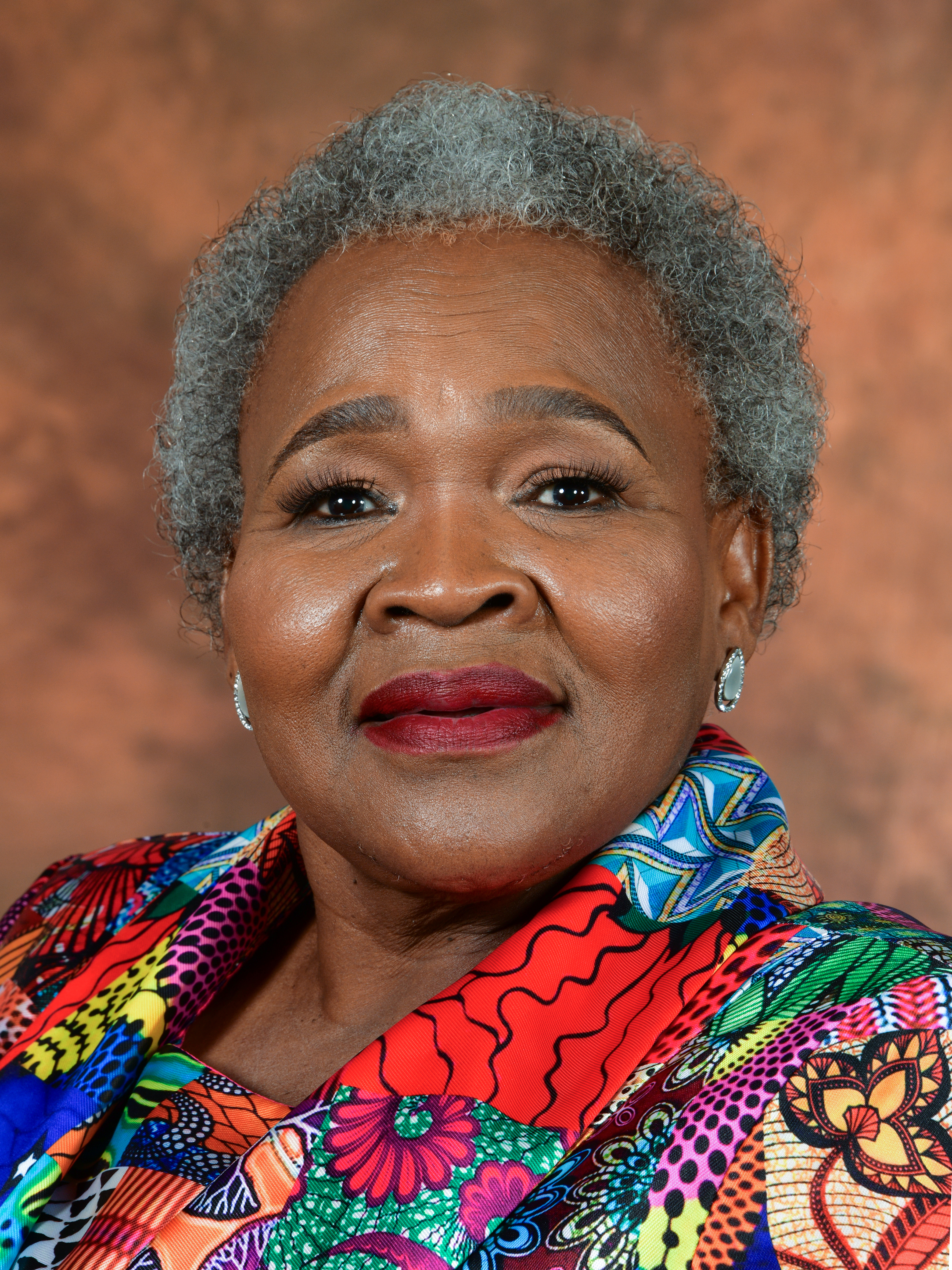
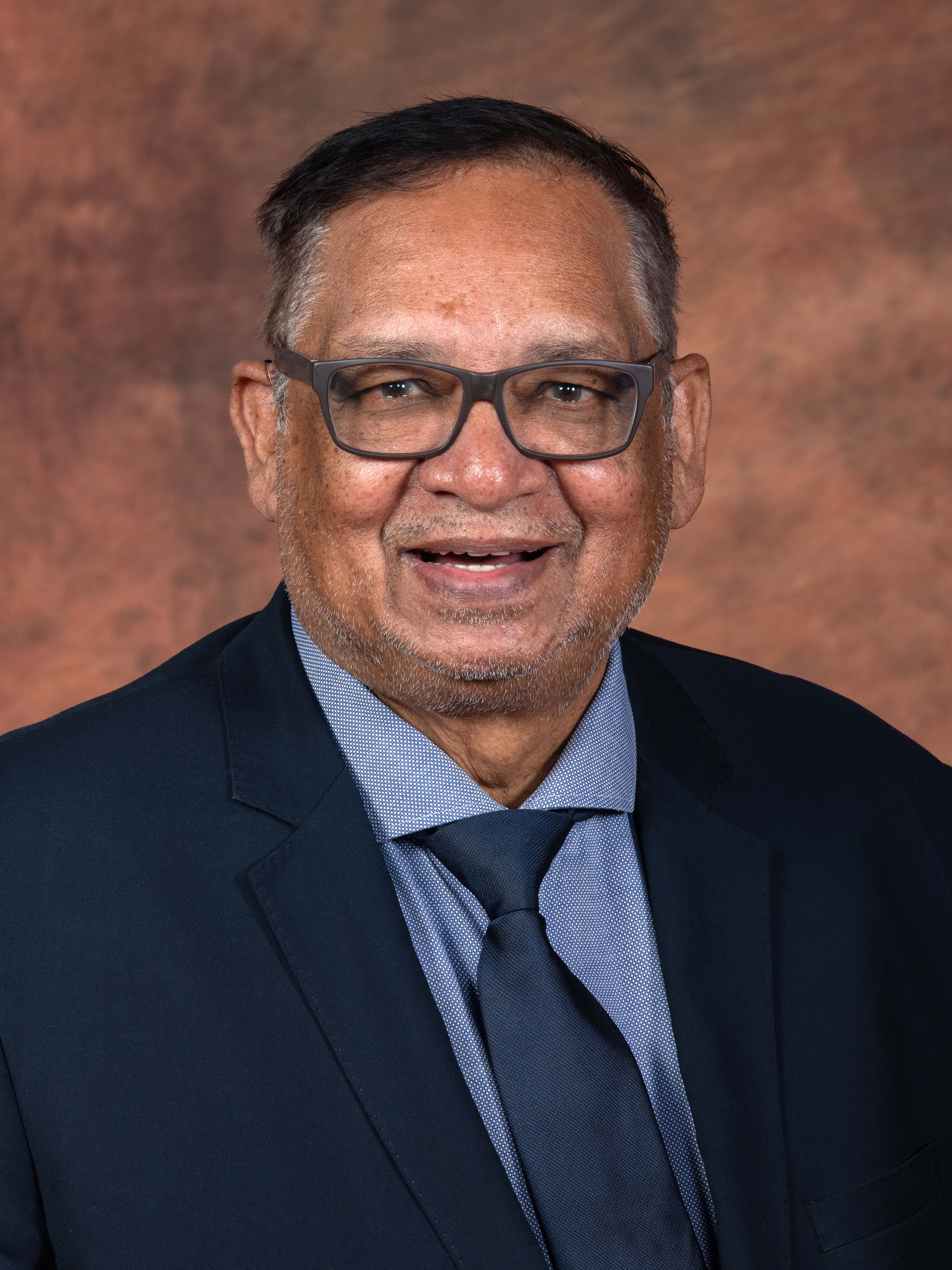
Gender-Based Violence And Femicide Declared A National Disaster As Minister Tolashe Calls For Urgent, United Action
By DSD writer.
- Gender-Based Violence and Femicide (GBVF) officially declared a national disaster, reinforcing the severity of the crisis and enabling urgent, coordinated national response measures.
- The Department of Social Development (DSD) strengthens survivor support, including shelters, counselling services and improved cross-sector coordination with justice, health and policing systems.
- Festive-season readiness enhanced, with the GBV Command Centre capacitated to respond to the expected rise in distress calls during this high-risk period.
South Africa has entered a historic moment in its fight against violence directed at women, children, persons with disabilities and lesbian, gay, bisexual, transgender, queer/questioning, intersex and asexual plus (LGBTQIA+) communities. The Minister of Social Development, Ms Nokuzola Sisisi Tolashe, has welcomed the decision by the Head of the National Disaster Management Centre, Dr Bongani Elias Sithole, to classify Gender-Based Violence and Femicide as a national disaster.
This declaration, made under Section 23 of the Disaster Management Act, reflects the severity of the crisis and underscores the need for coordinated, sustained and nationwide action. Minister Tolashe emphasised that this step reinforces the urgency to confront one of the most pervasive and devastating social challenges facing the country.
For DSD, the classification strengthens its mandate to protect survivors and support the most vulnerable. It allows for expanded access to shelters, safe spaces, psychosocial counselling and community-based prevention programmes. The declaration also improves coordination across social development, criminal justice, health, policing and education sectors, ensuring that survivors receive timely and effective support.
Minister Tolashe noted that this decision confirms that GBVF is not a private or isolated matter, but a national emergency demanding united action. She highlighted that the classification enhances national capacity for monitoring and reporting, while ensuring that community organisations and partners remain aligned with the disaster management framework.
As the country approaches the festive season, a period that historically sees a sharp increase in cases of violence within households, the department has strengthened the capacity of the Gender-Based Violence Command Centre. The Centre traditionally receives a surge in call volumes during this period, and additional measures have been put in place to ensure swift and effective responses to distress calls.
“As we enter the festive season, a time when violence often escalates behind closed doors, government calls on families, communities, faith-based structures and all social partners to join hands in protecting women, children and all vulnerable persons. The declaration of GBVF as a national disaster is a call to action. It signals a new era of urgency, accountability and collective responsibility. As the Department of Social Development, we stand firm in our commitment to respond, care, support and bring healing to all survivors,” said Minister Tolashe.
The National Dialogue must be a place for women to raise their voices
Dear Fellow South African,
On 9 August each year, we celebrate Women’s Day, where we commemorate the 1956 Women’s March on the Union Buildings. The march was a political protest against the apartheid-era pass laws, but it was also a powerful assertion of women’s agency.
It signalled that the women of South Africa, who were at that time relegated to the status of perpetual minors by the apartheid regime, would not be passive bystanders as their lives were profoundly affected by policies made about them, without them.
On Friday this week, organisations from across South Africa will gather at the National Convention in Pretoria to kickstart the National Dialogue process.
Given the history of women’s struggles in our country, it is therefore to be expected that at this critical moment in our history, women will once again come to the fore and participate actively National Dialogue process.
When we announced the National Dialogue we said that it will bring together individuals and organisations from across society to find common ground and new solutions for our country’s many challenges.
Women make up more than half of our country’s population. Women are affected by every political, social and economic issue in the country. Likewise, every crisis, whether it is unemployment, crime or climate change, affects women equally and, in some instances, more than men.
Recognising that the lives of women are bound up with the future of the nation as a whole, we are counting on women’s groups and organisations to mobilise around the National Dialogue process.
As government, working in partnership with the various stakeholders, we have committed to ensuring women are equally represented across the structures supporting and guiding the process.
If we are to remain true to our objective of giving all sectors of society a voice as we build the South Africa we want, we have to ensure that all women are represented. This means a concerted effort to mobilise young and old, urban and rural dwellers, women from different ethnic and linguistic communities, women with disabilities, and LGBTQI+ people.
The reality is that women’s struggles are not all the same and we should not assume they are. Although they may be similar in certain respects, the issues and challenges facing rural women and women in traditional communities differ vastly from those of women in urban areas with access to education, resources and public services.
This was one of the points made at last year’s South African Women’s Pre-National Dialogue convened by the Institute of Justice and Reconciliation. It emphasised that the National Dialogue process should focus on all issues affecting and impacting women, and that diverse perspectives and priorities of all South African women must be reflected.
As the Government of National Unity we seek to drive the strategic priorities of inclusive growth and job creation, tackling the effects of poverty and the high cost of living, and building a capable, ethical and developmental state.
We remain committed to ensuring that gender is mainstreamed in all government policy and that a gendered lens is consistently applied to every challenge when developing and implementing solutions. No government decision should be made without due consideration of how it impacts women specifically.
Throughout periods of profound change in the history of South Africa, women have organised to ensure that their voices, consent and participation remained central to all decisions affecting them either directly or indirectly.
The inclusion of the gender equality clauses in the Freedom Charter was heavily influenced by the Federation of South African Women (FEDSAW) formed in 1954. More than three decades later, the Women’s National Coalition, which was formed in 1992, played a formative role in ensuring that these passages were reflected in South Africa’s democratic constitution.
From the protests against the pass laws, to the so-called beer-hall protests of 1959, to the rent boycotts of the 1980s, to the contemporary protest movements against gender-based violence, South African women have a proud history of standing up and being counted.
With the first National Convention taking place during Women’s Month, we call on all sectors of society to come together to ensure the full participation of all women in the National Dialogue. This would be the most fitting and powerful tribute to the legacy of the pioneers of 1956.
With best regards,
About Us
ALL ABOUT NONPROFIT ORGANISATIONS
The Nonprofit Organisations Directorate was established in terms of the Nonprofit Organisations Act 71 of 1997 to essentially administer the Register of Nonprofit Organisations in South Africa.
The Register of Nonprofit Organisations (NPOs) is a voluntary registration facility that enhances the credibility of the registered NPO as it reports to a public office. The NPO Directorate, as a public office, holds information about registered NPOs for the public to access. This thus, increases the transparency and accountability of the organisation beyond its immediate role-plays. This accountability and transparency improves the governance of an organisation as it is also expected that a registered NPO must comply with the requirements of the NPO Act. The NPO registration status is also a funding requirement for most donor and funding agencies. The national NPO registration facility therefore brings NPOs into a public system that allows for information about the sector to be gathered and made publicly available which in many ways increases the confidence of the public in the nonprofit sector.
An NPO is defined, in terms of section 1 of the NPO Act, as a trust, company or other association of persons established for a public purpose and of which its income and property are not distributable to its members or office bearers except as reasonable compensation for services rendered. Nongovernmental organisations (NGOs) and community based organisations (CBOs) are collectively known as nonprofit organisations (NPOs). In some instance, NPOs are also referred to as Civil Society Organisations (CSO).
To apply for registration as a NPO, organisations fill-in a prescribed application form and submit it to the Directorate for Nonprofit Organisations with two copies of the organisation’s founding document i.e. a constitution for a volunteer association; memorandum and articles of association with the company’s registration letter for a not-for-profit company; and a deeds of trust with the trustees authorisation letter for a trust. The founding document of the organisation must meet the requirements of section 12 of the NPO Act.
Once the organisation is registered, it is obligated, in terms of sections 18 and 19, to submit within nine (9) months after the end of its financial year, annual reports (a narrative report, annual financial statement and an accounting officer’s report) including any changes to the organisation’s constitution, physical address and office bearers.
A thirty (30) days notice is served to all those registered NPOs whose reports are due as per requirements of section 20 of the NPO Act. Failure to comply with this notice, an organisation registration status is cancelled in terms of section 21 for the NPO Act.
Once an organisation has been cancelled, deregistered or dissolved, as the case may be, it is a criminal offence, in terms of section 29, for any such organisation to represent itself as being validly registered in terms of the NPO Act. The offence is also extended to a person(s) using the registration number of another organisation’s and making any false representation in any report submitted to in terms of this Act. A person(s) convicted for these offences is liable to a fine or to imprisonment or to both fine and imprisonment, in terms of section 30 of the NPO Act.
Deputy Minister Bogopane-Zulu Kicks Off her DDM Outreach in Amajuba
Newcastle, 21 May: The Deputy Minister of Social Development Mme Hendrietta Bogopane-Zulu in her capacity as the District Development Model (DDM) champion of Amajuba, today kicked off her DDM outreach in the district, at Christ the King Parish church in Madadeni.
The Deputy Minister used the opportunity to remind and encourage the Faith Based organisation about the importance of the NPOs being compliant by submitting their documents to the NPO registrar.
The Deputy Minister explained the Grant in Aid to congregates “if you’re unable to care for yourself, to the point where you need full-time care from someone else, then you qualify for an additional monthly payment from the government called a grant-in-aid. You can’t get a grant-in-aid on its own; it must be in addition to you receiving an old age, disability or war veteran's grant.”�
Deputy Minister further spoke of the Child Support Top-Up grant which was introduced to assist relatives caring for orphans to provide for their basic needs. The grant encourages families to keep orphaned children within their extended family environment without removing
them from familiar households. These children will receive their basic CSG of R500, plus an
additional amount of R250, bringing the total to R750.
The elderly congregants received 50 blankets and walking sticks, and the children of school going age from poverty stricken families identified by the church received full sets of uniform.
Tomorrow, 22 May- Deputy Minister Bogopane-Zulu will engage the district’s mining industry on their social labour plans, and how these could benefit the communities in which they operate in.
Later in the afternoon, Deputy Minister Bogopane-Zulu in collaboration with South African Social Security Agency (SASSA) will handover one hundred and fifty school uniforms to Caca Primary ,Mbabane Primary and Nyanyadu Primary in KwaMdakane Hall in Dannhauser.
The handing over of uniforms aims to restore the dignity of the pupils under SASSA’s programme called Social relief of distress, where needy and qualifying learners receive school uniform from the Agency. The aim is to ensure that learners wear proper school uniform during these icy winter days .
Members of the media are invited to attend and cover events planned as follows:
MINING INDUSTRY ENGAGEMENTS
Date: Monday, 22 May 2023
Time: 10:00H
Venue: BlackRock Hotel, Newcastle, KwaZulu-Natal
SCHOOL UNIFORM HANDOVER
Date: Monday, 22May 2023
Time: 14:30H
Venue: KwaMdakane Hall, Dannhauser, KwaZulu-Natal
Media RSVPs may be directed to Ms Makhosazana Mavuso on 0727329381 / This email address is being protected from spambots. You need JavaScript enabled to view it.
ISSUED BY THE NATIONAL DEPARTMENT OF SOCIAL DEVELOPMENT
Media enquiries may be directed to Ms Lumka Oliphant at 083 484 8067 or This email address is being protected from spambots. You need JavaScript enabled to view it.
Privacy Policy is coming soon


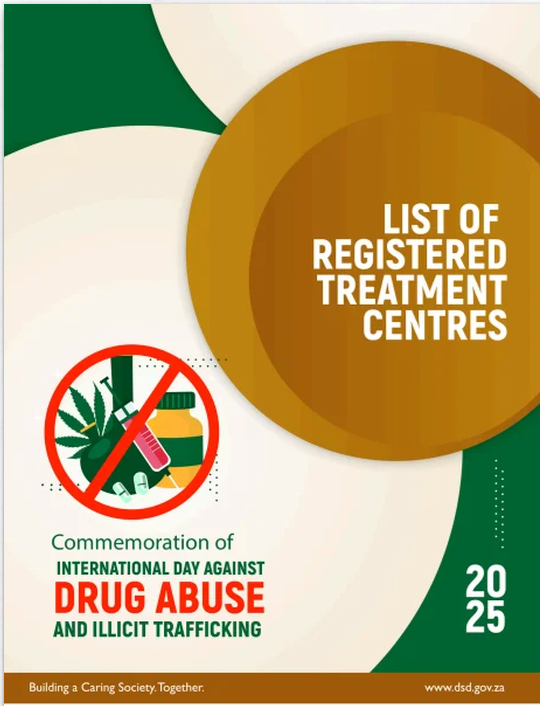

 0
0 

